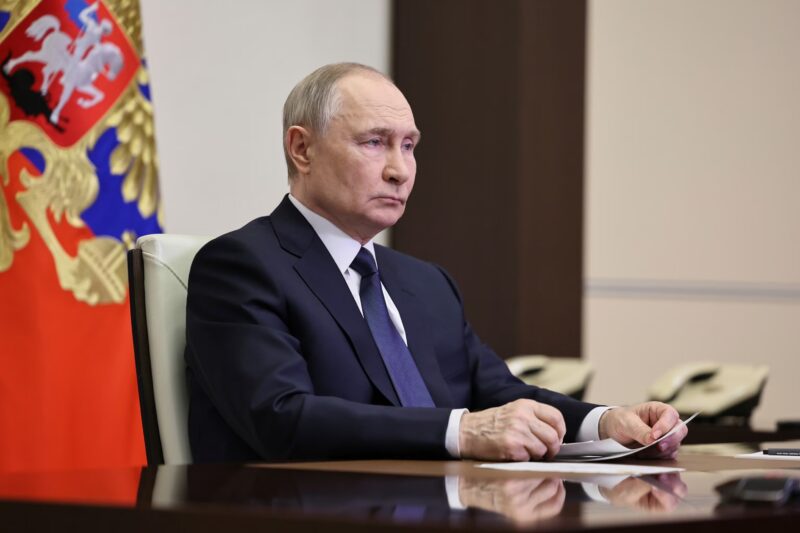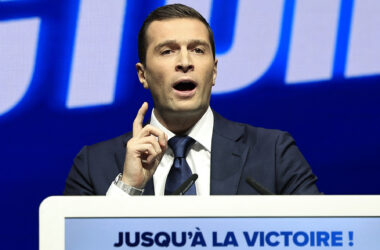Russia has expressed its readiness to mediate between Israel and Iran, leveraging its strong ties with both countries. This week, the Kremlin emphasized its “stable, trusting relations” with Israel, as well as a partnership with Iran, positioning Moscow as a potential neutral party for peace talks between the two nations.
Russian President Vladimir Putin personally extended an offer to mediate, proposing a solution where Iran could maintain its civil nuclear program, but with assurances it would not pursue nuclear weapons.
Putin acknowledged the sensitivity of the issue, calling it a “delicate” matter that requires careful handling, but expressed confidence that a solution could be reached. “It would be good for all of us to work together to stop the fighting and help the parties find an agreement,” Putin said. While this approach mirrors previous efforts—such as the failed U.S. withdrawal from the Iran nuclear deal under President Trump—it reflects Moscow’s growing role as an intermediary in the Middle East.
Russia’s relationship with Iran has evolved, especially since the outbreak of the Ukraine war. Tehran has become a key ally, providing advanced drones and missiles, which have likely shifted Moscow’s priorities regarding Iran’s nuclear ambitions. Despite this, Russia continues to emphasize its commitment to peace talks. The Kremlin’s past collaboration with Iran includes the construction of Iran’s first nuclear power plant in Bushehr, where many Russian scientists are still employed.
Kremlin spokesperson Dmitry Peskov further underscored Russia’s diplomatic positioning, highlighting its “very equable, stable, and trusting” ties with Israel, bolstered by a significant Russian-speaking Jewish community. Peskov also praised U.S. President Donald Trump for his willingness to promote dialogue, despite Moscow’s cooler stance on American involvement in the situation. “We appreciate Trump’s efforts,” Peskov said, acknowledging his support for peace initiatives.
However, Russia has been critical of U.S. interference in the conflict. Russian Ministry of Foreign Affairs spokesperson Maria Zakharova warned the U.S. against military involvement, describing it as “extremely dangerous” and potentially leading to unpredictable consequences. “The priority is to stop the violence, achieve a ceasefire, and restore peace,” Zakharova stated, reiterating Russia’s commitment to facilitating the negotiation process.
Meanwhile, President Trump has dismissed Russia’s attempts to mediate the Israel-Iran conflict. In a recent conversation with Putin, Trump suggested that Moscow should focus on resolving its own issues first, particularly the ongoing Russia-Ukraine war. “You can worry about this later,” Trump reportedly told Putin, indicating his frustration with Russia’s involvement in the Middle East while its war in Ukraine rages on.
As tensions between Israel and Iran escalate, the possibility of Russia playing a key role in brokering peace remains uncertain. What is clear, however, is that Moscow’s influence in the region—and its rivalry with Washington—will continue to shape international diplomatic efforts




